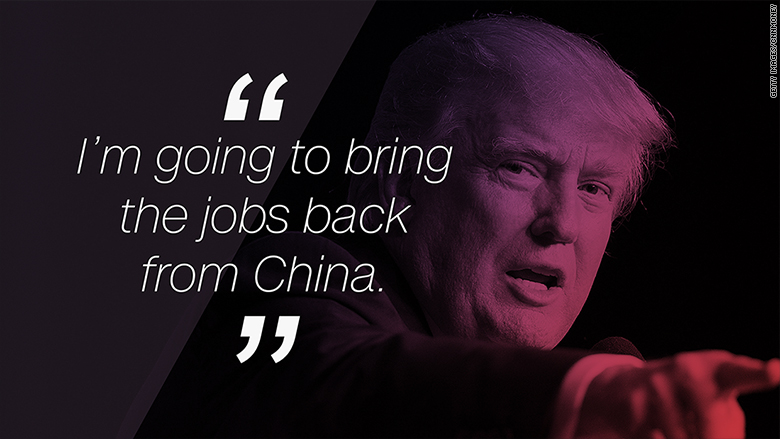Tim_Tex wrote:
I disagree, because these people were already hateful long before that.
Disagreeing with empirical evidence seems pointless.
From the article:
Quote:
But a new, as yet unpublished study presented to the Midwest Political Science Association last month suggests that there’s a causal relationship between Trump’s demagoguery and those reports of racialized abuses. Brian Schaffner, a scholar at UMass Amherst, found empirical evidence that Trump’s rhetoric did indeed lead non-Hispanic whites to express more bigoted views of “the other.”
Shortly before the 2016 election, Schaffner randomly divided almost 1,200 non-Hispanic white respondents into four groups. He showed one, the control group, three relatively anodyne statements made by Donald Trump and Hillary Clinton during the course of the campaign. The second group was given the same three statements, and also shown an excerpt of Trump’s infamous Mexican-rapists speech. A third group saw a different inflammatory statement that had been tweeted by Trump: “Our great African-American President hasn’t exactly had a positive impact on the thugs who are so happily and openly destroying Baltimore.” And the final group was shown all five.
Schaffner then asked respondents to say something in their own words about African Americans, Mexicans, white people, politicians, the middle class, and millennials. (One tricky part of conducting a study like this is you have to avoid tipping off your subjects about what you’re looking for. So Schaffner presented the survey as an attempt to gauge how closely respondents were paying attention to the campaign. The inclusion of the middle class and millennials helped hide the purpose of the experiment.)
The results were surprising. Respondents who were exposed to Trump’s comments about “thugs” in Baltimore weren’t affected by that inflammatory statement to a significant degree, but those who read his tirade about Mexicans were. They made significantly more negative comments about the groups in question than those who only saw more conventional campaign rhetoric. Eight-hundred people were recruited to rate the comments on a scale from “very negative” to “very positive,” and Schaffner averaged out the results.
“The finding here that I think is really interesting,” Schaffner told me, “is that Trump’s language [about Mexicans] doesn’t just embolden people to say more negative and more offensive things about the group he’s talking about, but it actually leads them to say more offensive things about all groups.” Schaffner thinks “this pattern is likely due to the fact that the quote about Mexicans is particularly offensive.”










